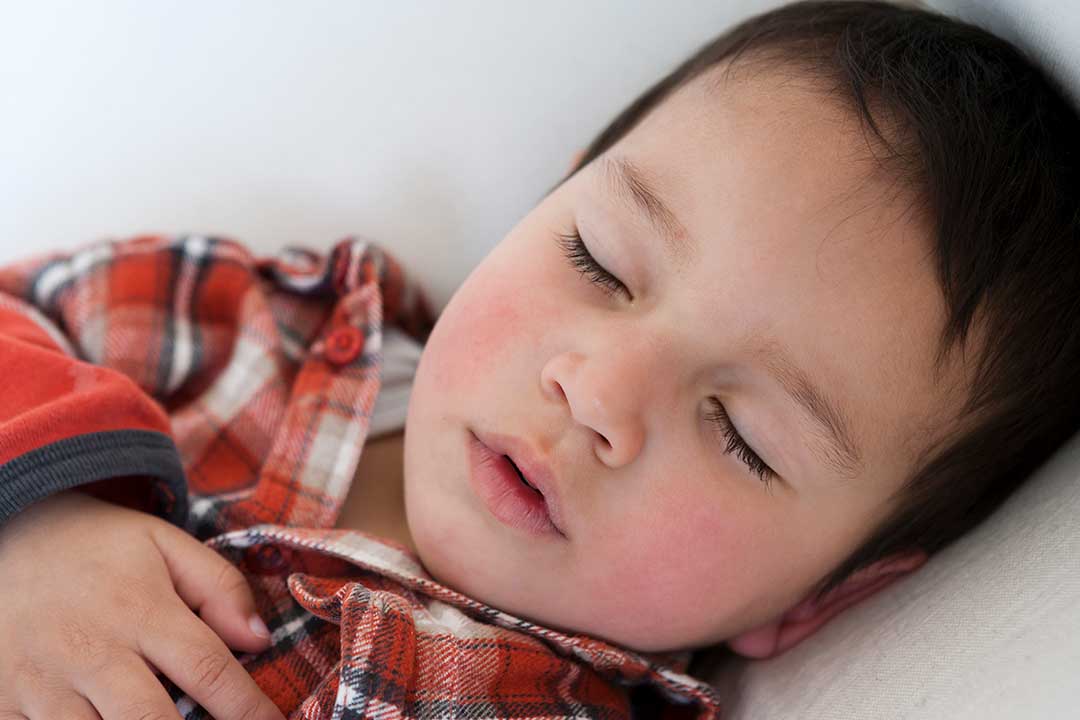As parents, we worry about many things concerning our children's health. Often, the most obvious issues get our attention, but sometimes it's the subtler signs that can be easy to miss. Mouth breathing in children is one such example.
At first glance, mouth breathing might seem harmless, even normal. After all, we all breathe through our mouths sometimes, especially while exercising or when we have allergies or a stuffy nose. But when it becomes a habit, particularly in children, mouth breathing can lead to abnormalities in their facial and dental growth and overall health.
What is mouth breathing?
Adults and children naturally breathe through the nose. Our noses act as filters, warming, and humidifying the air before it enters the lungs. However, some children develop a chronic habit of primarily breathing through their mouths instead of their noses. This tendency is most common at night but can also occur during the day.

What are the complications of mouthbreathing?
Chronic mouth breathing in children is linked to dental and maxillofacial abnormalities.
When a child breathes through their mouth, the tongue rests in a lower position compared to nasal breathing. This can lead to lengthening of the face (long face syndrome), a narrower upper jaw and a less developed lower jaw, potentially causing crowding for erupting teeth.
Habitually breathing through their mouths can also put children at risk for sleep apnea. Studies have linked sleep apnea in children to behavioral problems, learning difficulties, restlessness, and brain fog.
Further, it can lead to dry mouth, which is associated with an increased risk of cavities, gum disease, and bad breath.
What are the causes of mouth breathing?
How is mouth breathing treated?
If you notice that your child is habitually breathing through their mouth, or exhibiting symptoms such as snoring, daytime sleepiness, or irritability, take them to an ENT specialist to diagnose and treat any underlying causes.
Treatments may include management of allergies or infections causing nasal congestions or surgeries to address enlarged tonsils or adenoids.
Schedule an appointment with your child’s pediatric dentist to discuss ways to retrain their breathing and prevent cavities, gum disease, and bad breath.


